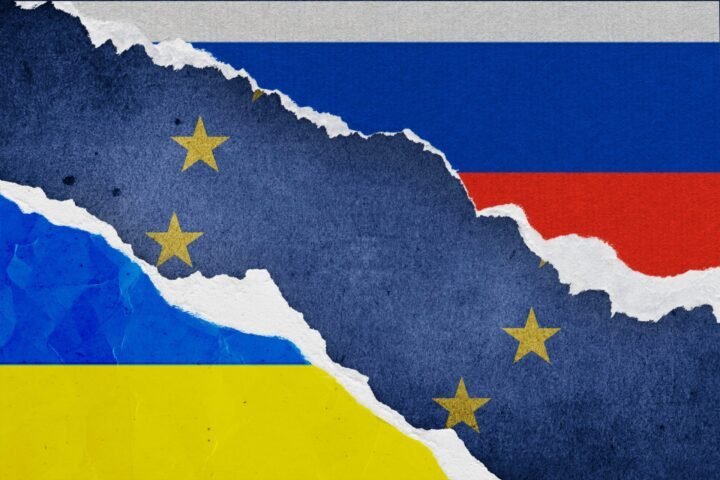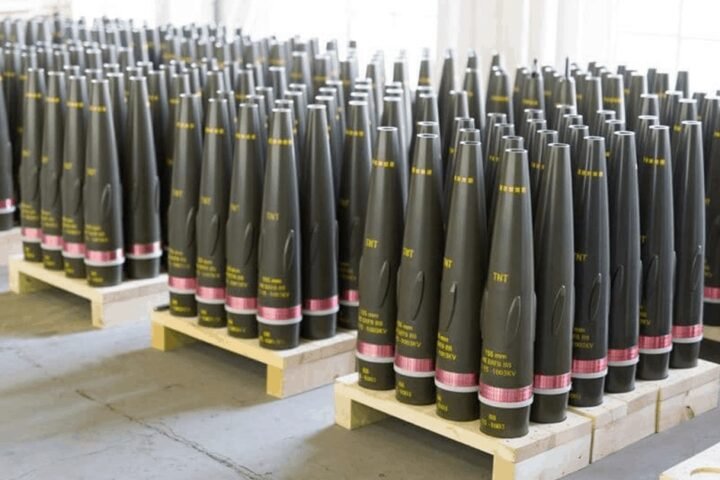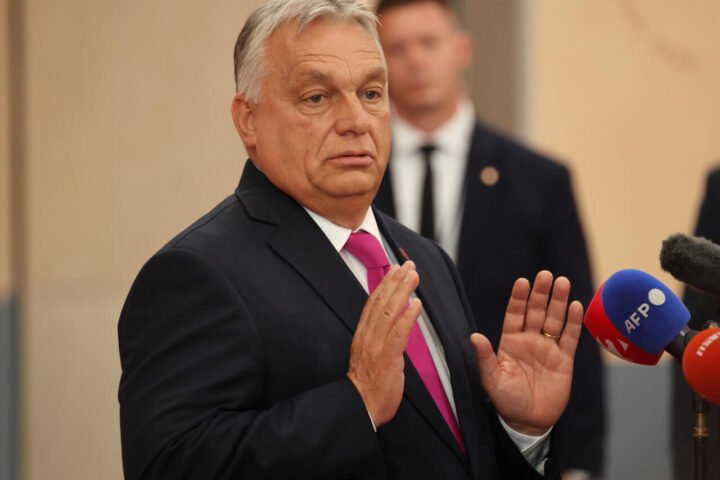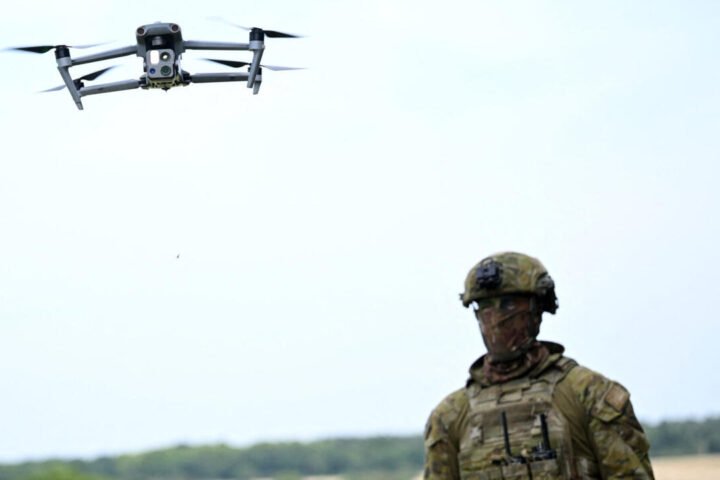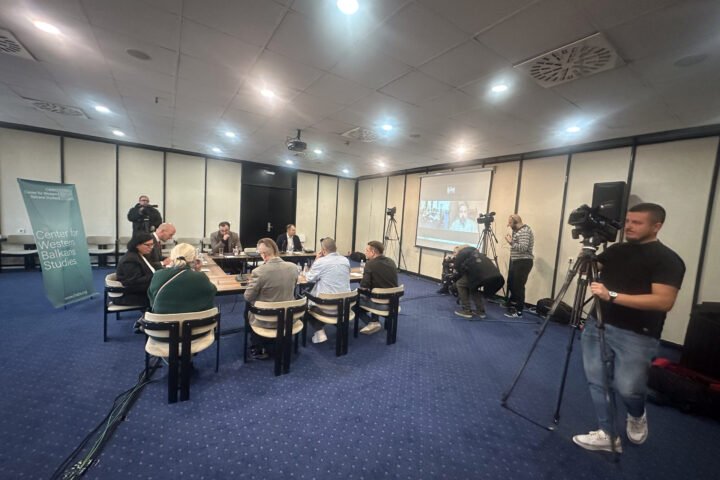On October 2, 2025, Polish authorities revealed a major security operation following an investigation by Gazeta Wyborczainto alleged Russian military intelligence activity. Officials claim agents from Russia’s Main Intelligence Directorate (GRU) concealed explosives inside seemingly ordinary tin cans, branded as canned corn, and buried them in cemeteries across Lithuania and Poland. These concealed devices were reportedly intended for attachment to drones to conduct coordinated attacks in Lithuania, Poland, and Germany.
Arrest of alleged Russian operative and investigation details
The Polish Internal Security Agency (ABW) detained an individual accused of acting on GRU orders. Prosecutors allege the suspect received instructions via Telegram to dig and plant the disguised explosive devices in a cemetery near Łódź. Payment was reportedly made in cryptocurrency. Investigators found similar caches in Lithuania, suggesting a coordinated preparation for transnational sabotage. The accused is alleged to have transported drone components and SIM cards between Lithuania, Poland, and Germany. If convicted, the suspect faces life imprisonment. Polish authorities aim to conclude the investigation by the end of 2025.
German chancellor warns of hybrid warfare threats
On September 26, 2025, German Chancellor Friedrich Merz described the current security climate as one of “no peace” despite the absence of active war, citing persistent hybrid threats. He pointed to incidents including drone incursions, espionage, political assassinations, targeted threats, sabotage, and cyberattacks. These threats underline Russia’s strategy to undermine Western unity, weaken trust in the EU and NATO, and bolster Moscow’s influence in European security.
NATO and EU responses to hybrid threats
NATO has adapted its strategic priorities in response, with the June 2025 summit in The Hague identifying Russia as a primary threat alongside international terrorism. The alliance has launched the “Eastern Sentry” mission to patrol its eastern flank. Poland is preparing legislative changes to allow interception of Russian drones over Ukraine without NATO approval. Meanwhile, the EU is investing in cyber defence and counter-drone technologies and is exploring the creation of a “drone wall” along its eastern border. These measures highlight a deepening commitment among Western nations to counter hybrid warfare.
Broader implications for European security
The case underscores a shift in security paradigms in Europe. Hybrid warfare, combining cyberattacks, espionage, disinformation, and covert sabotage, is increasingly shaping policy. NATO members are realigning priorities to strengthen resilience and deterrence. The incident also raises urgent questions about the protection of critical infrastructure, cross-border security cooperation, and the need for robust intelligence-sharing mechanisms within Europe.
Poland’s ongoing investigation is set against this wider context, reflecting growing awareness among Western states of hybrid threats and the need for coordinated responses to safeguard stability.
Russia’s alleged use of unconventional sabotage tactics marks a concerning development in modern conflict, adding a complex layer to European security and underscoring the strategic importance of preparedness against evolving threats.



